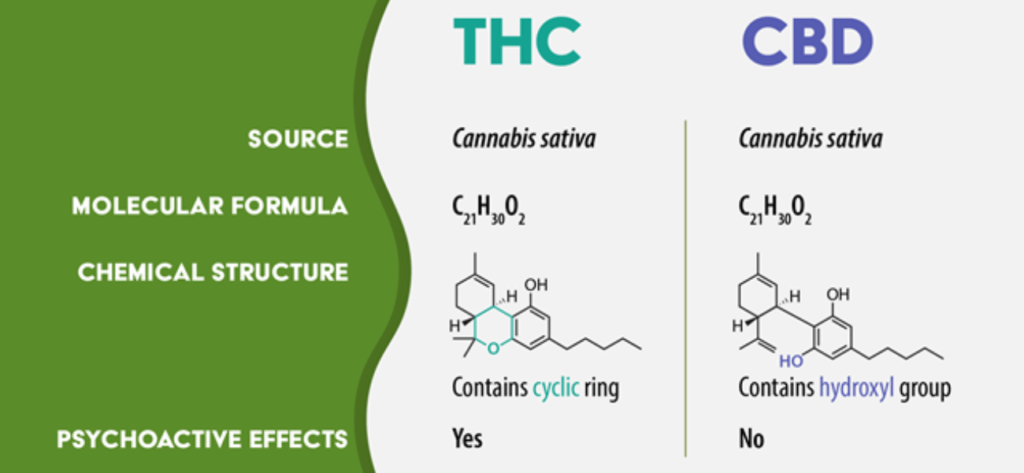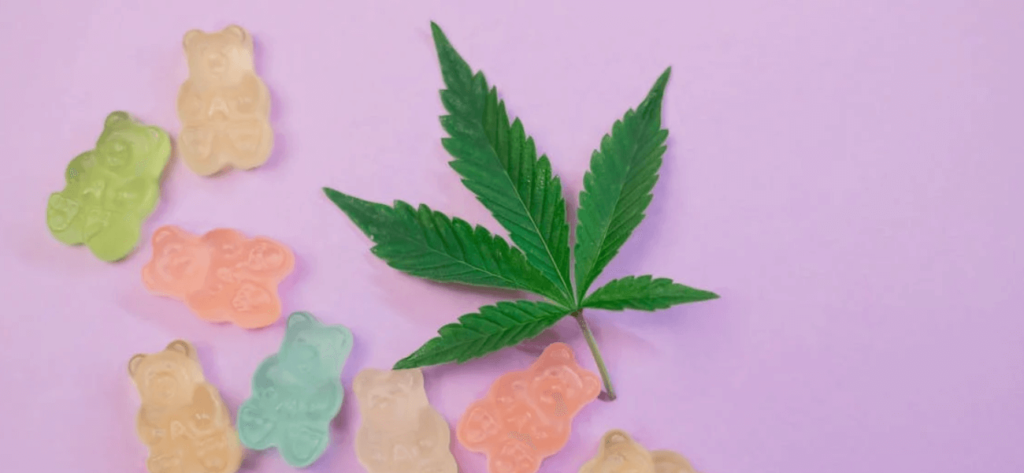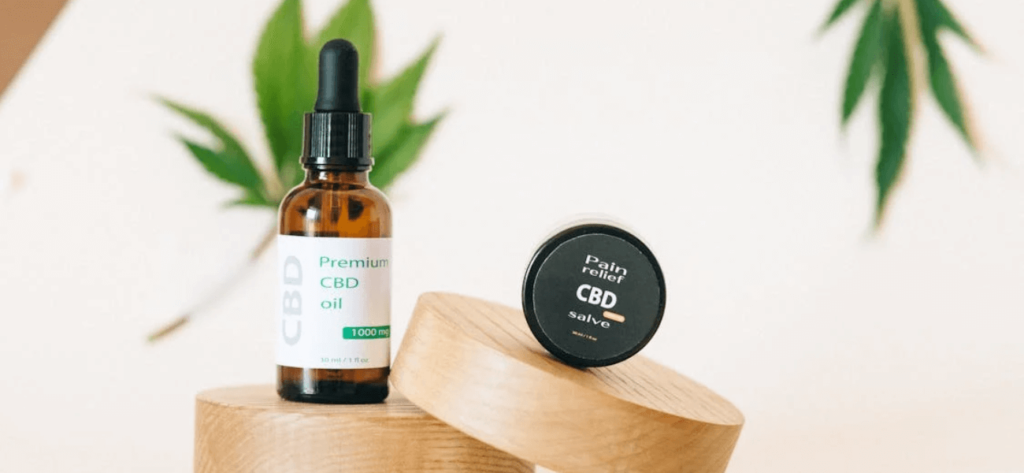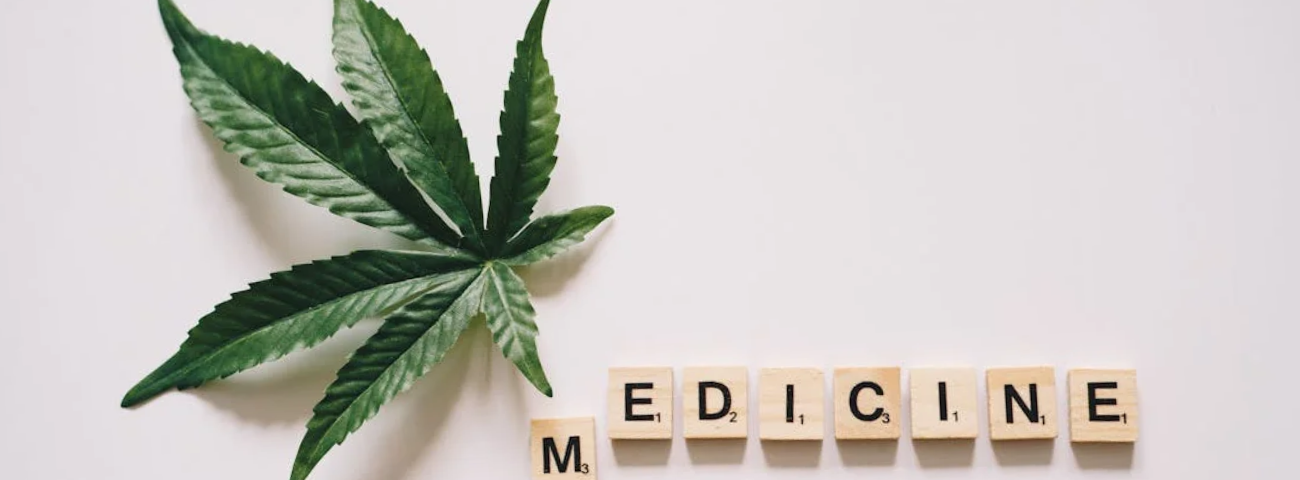Anxiety affects millions of people worldwide, leaving a profound impact on mental health. With its often overwhelming symptoms, finding effective ways to manage anxiety has become a top priority for many. If you are someone who is not seeing any benefits from over-the-counter sedatives or anti-depressant medicines, you might be wondering if there’s a more natural solution.
For most people when treating anxiety, it takes a careful. If you are super anxious and you take a pill that knocks you out, that kind of defeats the purpose. Similarly, if you are having trouble falling asleep at night and you take some medication with heavy sedatives that knock you out then there is going to be a problem. You may wake up being groggy and kind of out of it. It isn’t quite healing the solution you are looking for.
As a result, one remedy that is gaining significant attention is CBD oil, a natural compound extracted from the cannabis plant. Its potential to ease anxiety without the intoxicating effects of THC has made it a popular choice for those seeking alternative treatments.
But before jumping on the benefits of CBD oil for anxiety, let’s understand how it works, its benefits and any risks involved. After which you can decide if CBD oil is the right option for your anxiety management.
Table of Contents
What Is CBD and How Does It Work?
You may be familiar with many of the organ systems in the human body, like the immune system that fights off all the bad guys, the nervous system or the cardiovascular system but you might not be as familiar with the endocannabinoid system.
Alright, imagine your body has its very own “mail system” that delivers messages to keep everything working smoothly. This system is called the Endocannabinoid system (ECS). It’s like a manager that helps your brain and body stay in balance, making sure you feel good, sleep well and don’t get too stressed out.
It modulates various functions of your body such as inflammatory response, pain responses or metabolism. And your body makes its own chemical called Endocannabinoids. Now, when you’re feeling anxious or stressed or even in pain, the endocannabinoids step in to try and help you feel better.
Now, what does it have to do with CBD? You may have heard of this plant called Cannabis. The Cannabis plant produces many different types of chemicals, which are called cannabinoids. The two most common cannabinoids are THC and CBD. When you ingest cannabinoids CBD and THC, they bind to your body’s endocannabinoid receptors and mimic the effects of your endocannabinoids effects.
THC vs CBD

THC (Tetrahydrocannabinol) and CBD (Cannabidiol) are very different and have different impacts on the body. THC is psychoactive. It binds to CB1 receptors in the brain and can result in making you feel medicated. It can have many negative impacts on mental health. Effects may include euphoria, altered sensory perception and, in some cases, paranoia or anxiety at higher doses.
However, CBD has no psychoactive properties. It does not bind to the same receptor in the brain and it does not make you feel medicated. Instead of a high, CBD is associated with relaxation, reduced anxiety and a calming effect.
While THC alters the mind and perception, CBD supports the body’s natural systems without intoxicating effects. This makes it more suitable for therapeutic use without impairing daily activities.
What Science Says About CBD for Anxiety?
Recent studies have shown promising results in the use of CBD for anxiety, but there is still much to learn. Let’s look at these key researches.
Study on Social Anxiety Disorder
A study published in Neurotherapeutics in 2019 examined the effects of CBD on people with social anxiety disorder (SAD). Participants who took CBD before a public speaking task experienced lower anxiety levels and improved performance compared to those who took a placebo. The results suggested that CBD may help with anxiety in high-stress social situations. However, the study had a small sample size and the effects might not apply to all individuals or anxiety types.
Dosage and Individual Biochemistry
Research has shown that the effectiveness of CBD can vary greatly based on dosage and individual differences. Low doses of CBD have been shown to reduce anxiety in some individuals, while higher doses may have the opposite effect. Since everyone’s body processes CBD differently, finding the right dosage can be trial and error.
Type of Anxiety
CBD’s effects may also vary depending on the type of anxiety. While studies show that it may be effective for certain conditions like social anxiety and post-traumatic stress disorder (PTSD), the evidence is less clear for generalized anxiety disorder (GAD) or panic disorders.
Despite positive findings, current research on CBD for anxiety is still in the early stages. Most studies have focused on short-term effects and there is limited data on the long-term safety and efficacy of CBD.
How to Use CBD Oil for Anxiety?

CBD oil is available in various forms. Let’s find out how you can use them effectively.
Types of CBD Products:
- CBD Oils: These are the go-to for many people. You simply drop the oil under your tongue and wait a few minutes for it to absorb. It’s a fast way to feel the effects and you can control exactly how much you’re taking—perfect if you’re new to CBD. The only downside? Some people find the taste a little strong, but you can always try mixing it with a beverage or find a flavored version.
- CBD Capsules: If you prefer something simple and don’t want to deal with the taste, capsules are a great choice. They’re already measured out, so you don’t need to worry about dosage. Just pop one in your mouth and you’re good to go. It can take a bit longer to feel the effects because your body has to digest it first.
- CBD Edibles: Gummies are a fun way to enjoy CBD, but they can take a little while longer to kick in since your body needs to break them down first. Plus, the dosage might be a bit harder to adjust compared to CBD oil.
You can enjoy CBD in various forms, but combining it with mindful eating habits can promote long-term wellness. Check out the benefits of mindful eating here.
Determining Dosage
When starting with CBD oil for anxiety, it’s important to find the right dose for your body. Begin with a low dose, such as 10-20 mg of CBD and gradually increase it until you find the sweet spot that works for you. Since every person’s body is different, factors like body weight, metabolism and the severity of anxiety can all play a role in how CBD affects you. Keep track of how your body responds to different doses and be patient as you fine-tune your routine.
Consulting a Healthcare Provider
CBD may interact with certain medications, so professional guidance will help prevent any adverse effects or complications. Some research suggests CBD may affect liver enzymes that process other drugs, so it’s crucial to consult your doctor before beginning treatment.
Always prioritize safety by getting professional advice before trying CBD, especially if you’re on other medications.
Choosing the Right CBD Product

When shopping for CBD products, ensuring quality and safety is essential. Look for products that have been third-party tested, as this guarantees they meet quality standards. A Certificate of Analysis (COA), which is often available on the manufacturer’s website, will show the cannabinoid profile and confirm that the product is free from contaminants like heavy metals and pesticides.
Here are some key factors to consider when choosing a CBD product:
- Full-Spectrum vs. CBD Isolate: Full-spectrum CBD contains a variety of cannabinoids, terpenes and other beneficial compound that may enhance CBD’s benefits. On the other hand, CBD isolate contains only pure CBD, which may be a good option for those who want to avoid THC entirely.
- Extraction Methods: Look for products extracted using CO2 or ethanol methods. These are the safest and most effective ways to preserve the quality of CBD, free from harmful solvents.
- Product Labeling: Ensure the product is labeled clearly, showing accurate CBD content, recommended dosage and THC levels. This can help you avoid products that make misleading health claims.
Red Flags: Be cautious of CBD products that claim to cure or treat specific medical conditions without scientific backing. Also, watch out for products with unlisted or misleading THC levels. CBD products should contain no more than 0.3% THC to be legally compliant in most places.
By being careful about where you buy and what you buy. Always research the brand and verify its transparency before making a purchase.
Potential Benefits and Drawbacks
While it’s not a cure-all, it offers potential benefits with fewer side effects than traditional medications. There could be some considerations to keep in mind when deciding if CBD is right for you.
Benefits
- Unlike traditional anti-anxiety medications, CBD is non-addictive, which makes it a safer option for long-term use.
- CBD generally causes fewer side effects than prescribed medications, such as SSRIs and benzodiazepines. It doesn’t tend to cause issues like sexual dysfunction or fatigue.
- Some studies suggest CBD can help regulate serotonin levels, contributing to mood stabilization and reducing anxiety symptoms.
Drawbacks
- The FDA has not approved CBD as a treatment for anxiety, meaning its safety and effectiveness have not been fully validated through clinical trials. Right now, CBD is only approved to treat certain seizure disorders. A report by the World Health Organization found it to be generally safe and not likely to be abused.
- CBD doesn’t work the same way for everyone. The impact can depend on factors like individual biochemistry, dosage and the method of consumption.
- Since CBD products aren’t regulated, quality and potency can vary greatly between brands, which can affect consistency in results.
Possible Side Effects
- Dryness in the mouth
- Feeling sleepy or lethargic in some cases
- Changes in appetite (Either increasing or decreasing it)
- Diarrhea in some cases
Legal and Accessibility Considerations

CBD’s legal status varies across regions. Its accessibility is influenced by this as well as by the lack of strict regulations around its quality.
- United States: In the U.S., CBD derived from hemp (containing less than 0.3% THC) is federally legal, but individual states have different laws. Some states permit the use of CBD for medicinal purposes, while others restrict or ban its use altogether.
- European Union: In the EU, CBD is generally legal, provided it contains less than 0.2% THC. However, different countries have varying laws and policies regarding its sale and distribution.
- Canada: CBD is legal in Canada for both medical and recreational use under the Cannabis Act, with specific regulations governing its sale.
- Other Regions: Many countries in Asia, the Middle East and Africa have strict anti-cannabis laws, meaning CBD may be illegal or tightly regulated.
Bottom Line
CBD oil has definitely shown promise in helping to manage anxiety. But let’s be clear, while it might help reduce stress and improve mood, it works best when combined with other healthy habits like therapy, exercise and proper self-care. Explore how chakra meditation promotes mental clarity here.
With more research and real-life experiences, we’re learning just how useful CBD can be for anxiety relief. If you’re thinking about trying CBD, always consult a healthcare professional, especially if you’re on other medications. Start slow, listen to your body and be patient with the process.
Frequently Asked Questions
Will CBD make me high?
No, CBD will not make you high. Unlike THC, which is the psychoactive compound in cannabis, CBD is non-psychoactive. It won’t alter your mental state, so you can feel relaxed without any mind-altering effects.
How quickly will I see results with CBD for anxiety?
The effects of CBD can vary from person to person. Some people may feel a sense of calm within 30 minutes, especially if using oils or tinctures. For others, it could take a few days or weeks to notice the full benefits. It’s all about consistency and finding what works best for your body.
Can I use CBD oil along with my other medications?
If you’re already taking medication, it’s important to consult your doctor before trying CBD. CBD can interact with certain drugs and a healthcare professional can help you avoid any unwanted side effects or complications. Always check with them if you’re unsure.
Is CBD safe for long-term use?
Most research suggests that CBD is safe for short-term use, but the long-term effects are still being studied. Some people report mild side effects like dry mouth or drowsiness, but they are typically temporary.
What’s the best form of CBD for anxiety?
There’s no one-size-fits-all answer. CBD oils and tinctures are fast-acting and allow for easy dosage control. If you prefer something more discrete, capsules or gummies are a great option, though they may take longer to show effects.
